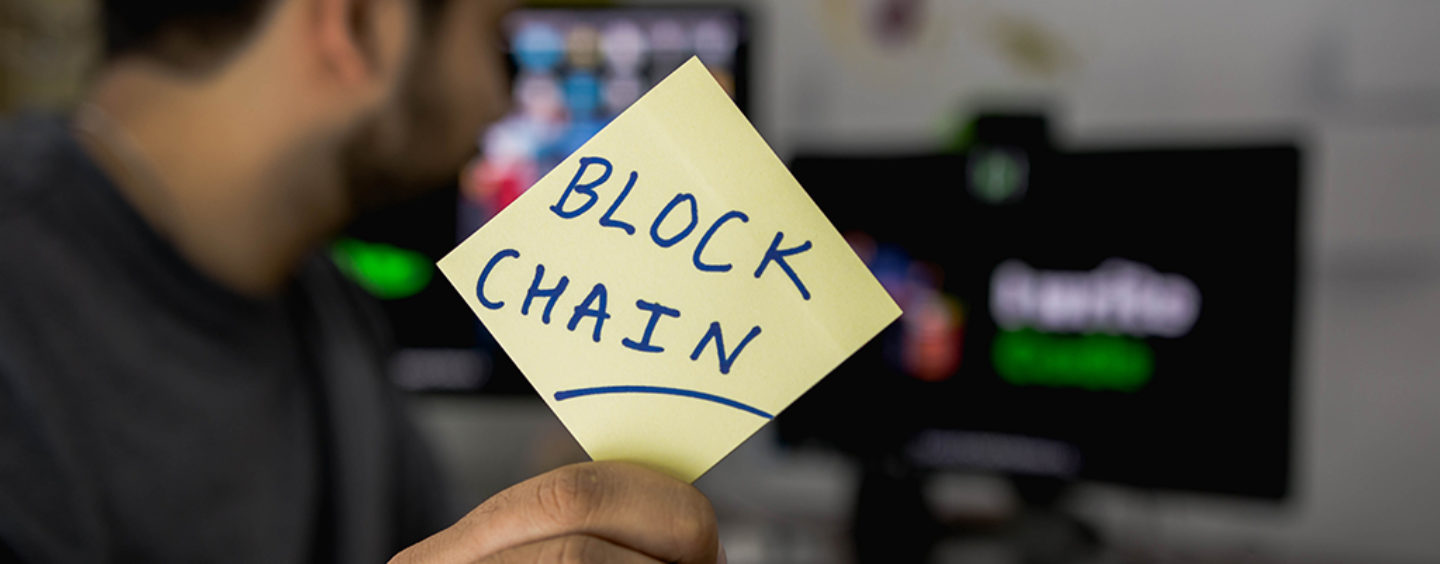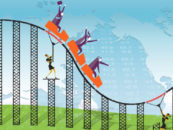Blockchain technology rose to the forefront in 2017 as the cryptocurrency bitcoin experienced a massive price boom.
Suddenly bitcoin was everywhere, and it wasn’t just traders and financial experts trying to get to grips with this exciting new digital currency, the mainstream media, and casual investors were interested too.
Even though the furor surrounding bitcoin has died down somewhat, there is still a lot of attention on blockchain. This is the underlying technology that powers bitcoin and other cryptocurrencies, but it is now being touted for a variety of other applications.
Border Controls
Immigration has been a big global issue, especially in the past few years, both across Europe and the USA especially. Recent issues in the news, such as the separation of children and families trying to enter the USA, shows there are many failings in the system. Proper solutions are needed that make the immigration process a lot simpler, safer and more efficient without the need to involve immigration lawyers.
This is where blockchain can help. Through its transparent, security-orientated model it can add some level of accountability and provide safety for migrants, refugees and asylum seekers. For example, blockchain could be used to track funding and aid, with the transparency it delivers making sure that the right people receive it. The processing of asylum requests and verifying identities, storing all such information on the blockchain, without it being able to be tampered with, could be invaluable to governments and charities across the world.
Payment Technology
Given its background in powering cryptocurrencies, it’s no surprise that most other innovative applications of the technology revolve around fintech. As blockchain records and validates every transaction that can’t be adjusted or deleted afterwards, it is seen as the future of payments in many ways.
Various fintech start-ups are trying to successfully harbour this technology for making global payments, which avoids the need for an intermediary such as a bank and the fees they may charge. Blockchain is more secure than banks too, as it’s not built on one central database that could be vulnerable to a hack. The distributed ledger ensures this and it can help improve the processing speed as well.
Credit Scores
For a lot of people, the importance of a credit score only becomes apparent when trying to take out a loan, whether it’s for personal use, a mortgage to buy a house or anything else. The conventional banking system ignores millions of unbanked people and businesses, resulting in millions of people without a credit history or with unscored credit records.
Blockchain can be used to provide a new way of credit scoring that uses more data than the regular system, so that these millions of unscored people can be included. For example, the Royal Bank of Canada has already released their blockchain-powered credit scoring platform. This uses and analyses data from other sources, such as historical and identification information to create a score.
As blockchain is still relatively new, further work into all these areas is required. Yet these forward-thinking ideas hold a lot of hope for blockchain’s future.
Featured image credit: Unsplash








